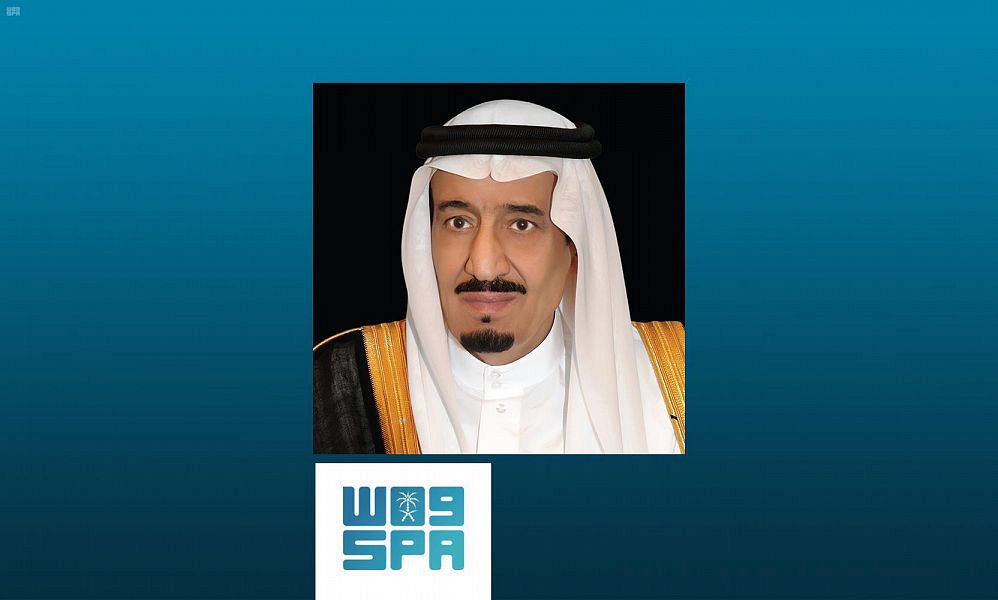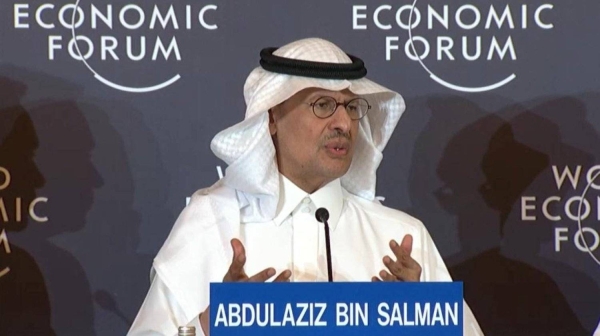
Bill McDonough — ‘hero of the planet’ — explains Saudi Arabia’s leading role in global energy transition
Bill McDonough pulled no punches. “It’s a very, very serious issue. The science is clear and the signals are seriously scary. Let’s just face it,” he said during an hour-long Zoom meeting from his home in Virginia in the US.
He was talking about the threat to humanity from environmental pollution and resulting climate change, and he is well-qualified to talk about it. Called “A hero for the planet” by Time magazine, and the only recipient of the US Presidential Award for Sustainable Development, McDonough is regarded as the “father of the circular economy,” the strategy that aims to transform the lives and livelihoods of humanity — before environmental disaster does that for us.
Now McDonough has joined forces with Saudi Arabia to meet that challenge and, in particular, to determine the place of hydrocarbon fuels — the lifeblood of the Kingdom — within the coming energy transition.
“This requires massive heroic behavior. Let’s do something over the next 10 years that will astonish our children,” he said, hammering home the scale of the challenge.
That message would not be out of place in the preachings of many environmental agitators, but McDonough brings to it intellectual pedigree and a track record of pragmatic application. When he says, “I’m going to design buildings like trees,” it is much more than just a slogan.
Born in Tokyo, as a child McDonough pondered big questions like the destruction of Hiroshima by the atomic bomb, dabbling in physics, chemistry and international relations before settling on architecture as a profession.
The concept of the “circular economy” grew out of his work in regenerative building design on the “cradle to cradle” principle — the idea that human constructions should be built with future generations firmly in mind.
International recognition for his work rose steadily from the environmentally aware 1990s until publication — along with Michael Braungart — of the book “Cradle to Cradle — Remaking the Way We Make Things” in 2002.
The principles in the book were adopted by the Chinese government in its 5-year plans and by the World Economic Forum in 2014. In Davos, McDonough built a structure called the ICE House — with the help of SABIC of Saudi Arabia — to illustrate the concept of sustainable design.
That collaboration with the Kingdom was evidence of an increasingly close relationship. McDonough had earlier met Prince Abdul Aziz bin Salman, the Saudi energy minister, and found an enthusiastic listener for his ideas.
“I know this was natural to him, it was all intrinsic to his thinking. One of the most elegant parts of the dialogue is that I really enjoy working with him, talking to someone who has thought as deeply about this as he has,” McDonough said of the prince, who made energy efficiency a keystone of the Kingdom’s energy strategy.
Those conversations made him think more about the role of carbon within the circular model, which had three guiding tenets.












